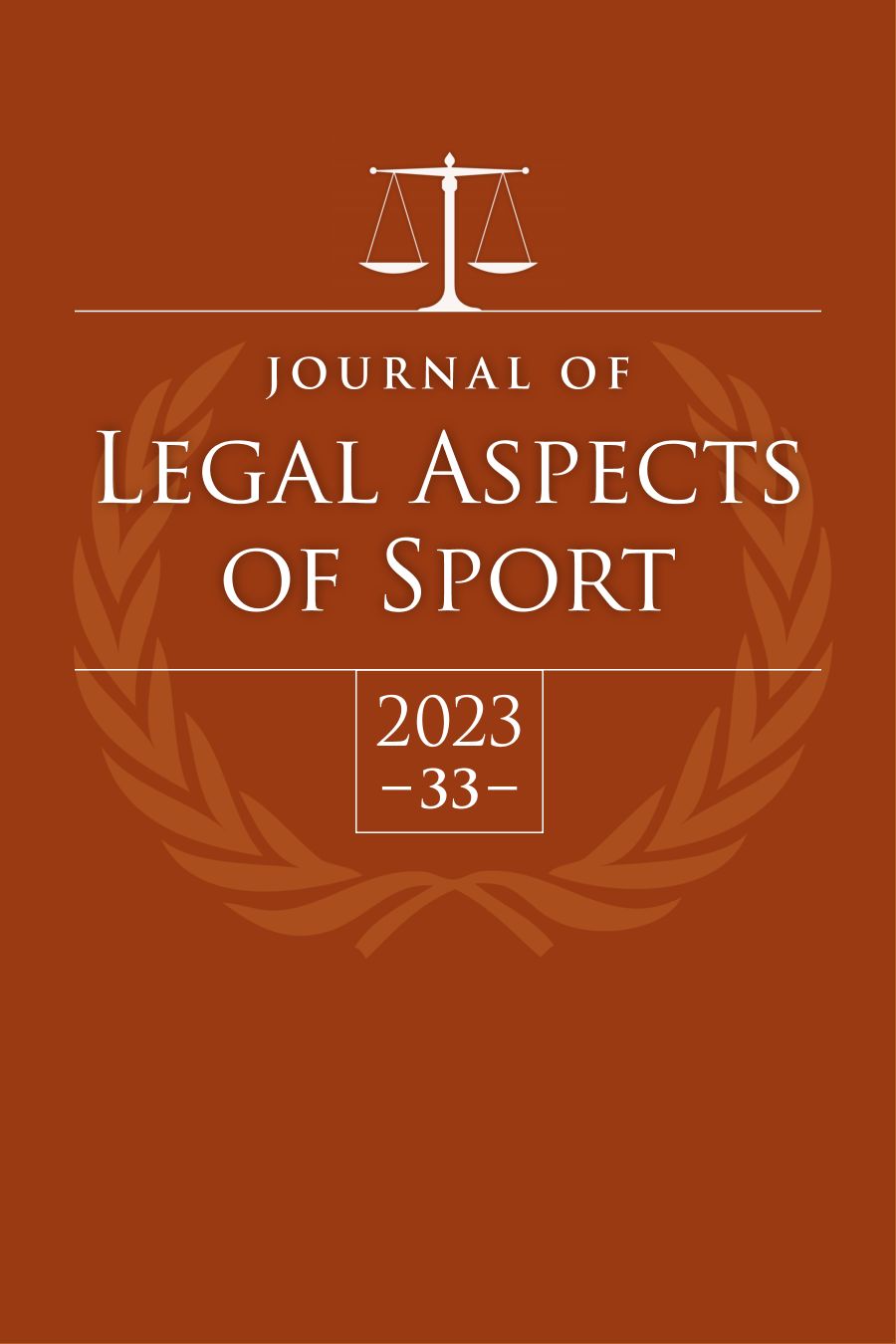Is Labor in Sport a Commodity? The Case of American and Japanese Professional Baseball
DOI:
https://doi.org/10.18060/27461Keywords:
labor law, regulation, commodity principle, professional baseballAbstract
An important rule that underpins international and domestic labor law is the principle that labor is not a commodity. This principle has interesting application to the labor regulation in professional team sports such as baseball that utilize drafts, salary restraints, the reserve system, and free agency. The article will examine whether these and other labor controls in Major League Baseball in the United States and Nippon Professional Baseball League in Japan commodify labor. Baseball’s labor controls and practices will be assessed to determine if labor is treated as a commodity, and if so, whether there is undue commodification. In doing so, a construct will be created of labor practices that commodify labor on a spectrum. These labor practices and controls will also be evaluated in the context of antitrust law and restraint of trade. The article concludes by suggesting ways to improve the treatment of players that will decommodify labor.

